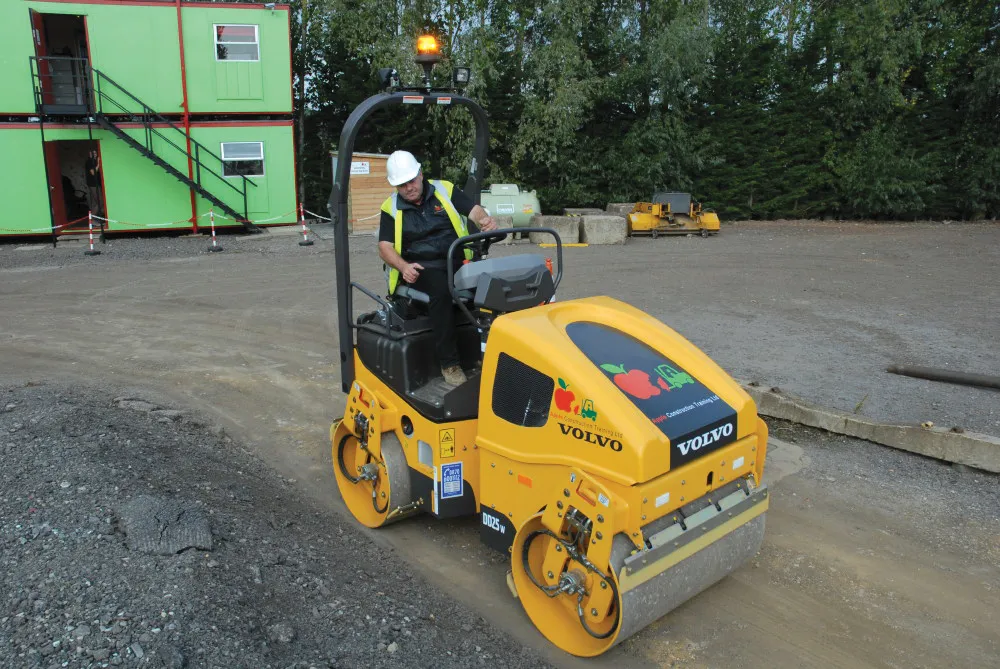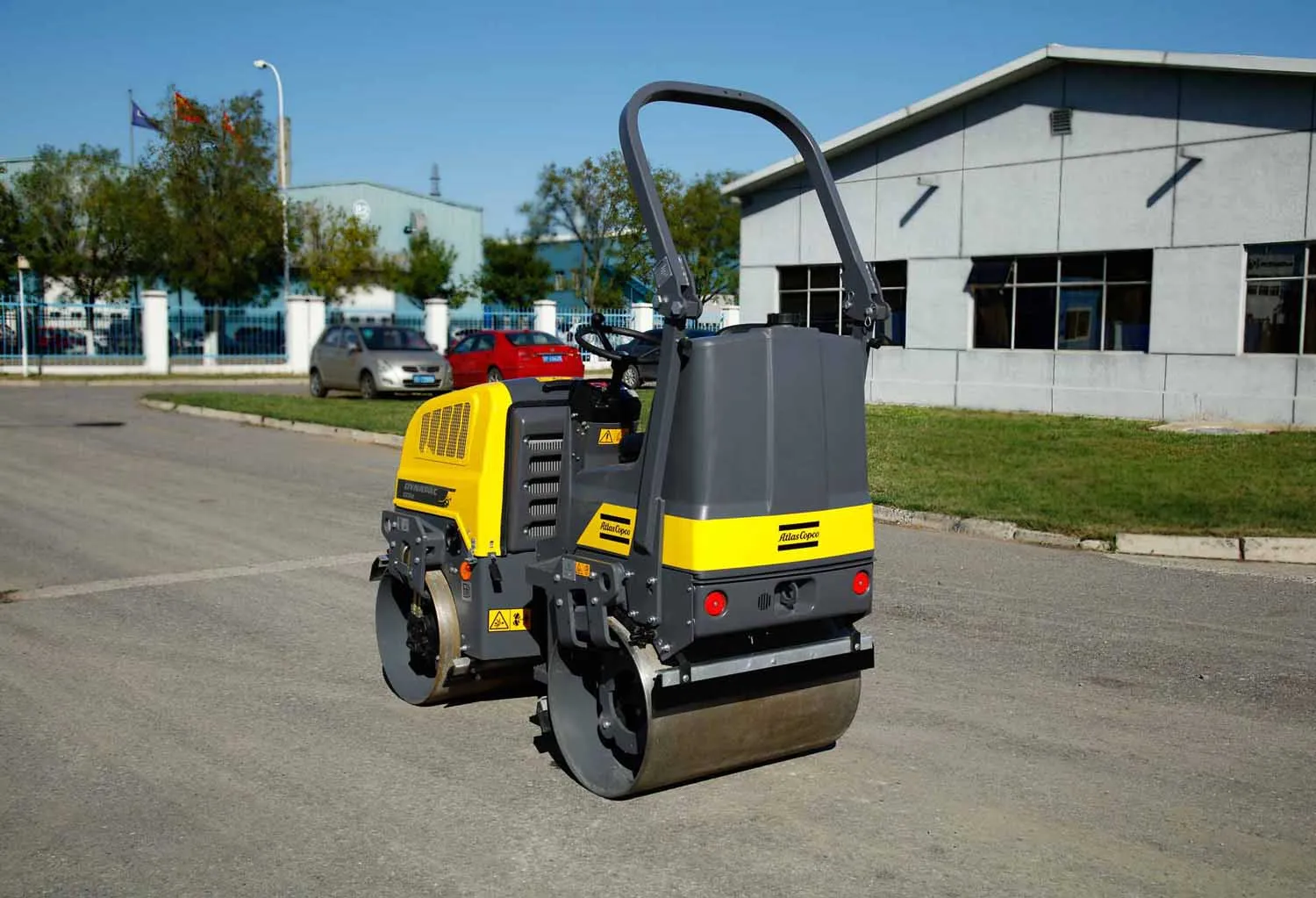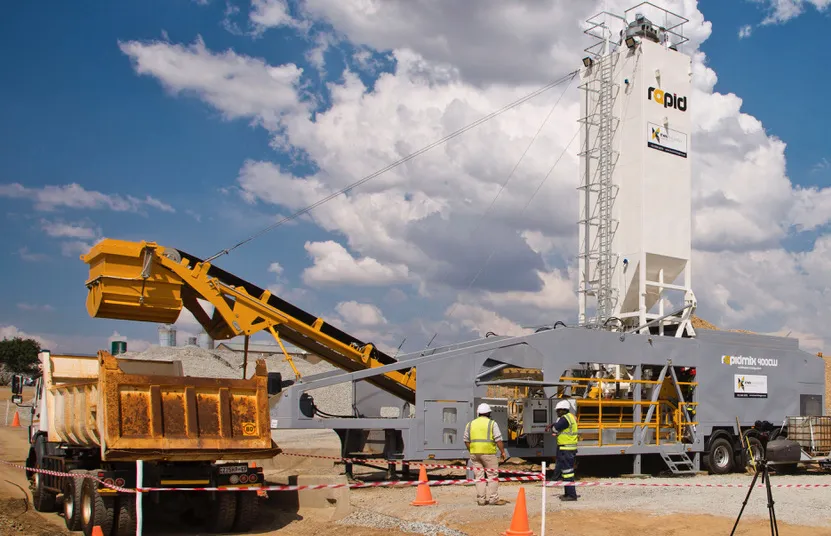UK-based construction industry training provider Apple Construction Training has leased a Volvo DD25w double drum compactor for its academy in Fenny Compton, Warwickshire, England from Volvo Construction Equipment’s utility dealer SM Plant. Established four and a half years ago Apple Construction Training offers a full and comprehensive training service for the construction industry, covering CPCS training and testing on all plant categories.
“We were persuaded to opt for the Volvo roller thanks to the o
January 31, 2014
Read time: 2 mins

UK-based construction industry training provider Apple Construction Training has leased a 2394 Volvo DD25w double drum compactor for its academy in Fenny Compton, Warwickshire, England from Volvo Construction Equipment’s utility dealer SM Plant. Established four and a half years ago Apple Construction Training offers a full and comprehensive training service for the construction industry, covering CPCS training and testing on all plant categories.
“We were persuaded to opt for the Volvo roller thanks to the operating lease promotional offer made by SM Plant,” said managing director Kim Bendzak, who calculates that her company will be making a saving of around €47.24 (£40) per week leasing the machine rather than hiring it. The Volvo DD25w double drum compactor weighs in at 2.6tonnes and features a drum width of 1.2m. A pressurised water feed system is directed via four nozzles per drum working in conjunction with spring loaded, self-adjusting urethane wipers.
The DD25w is said to offer excellent visibility to the drum edges forward and backward for the machine operator. The machine’s closed loop hydrostatic drive system provides seamless direction changes and a maximum speed of up to 10kph.
“We were persuaded to opt for the Volvo roller thanks to the operating lease promotional offer made by SM Plant,” said managing director Kim Bendzak, who calculates that her company will be making a saving of around €47.24 (£40) per week leasing the machine rather than hiring it. The Volvo DD25w double drum compactor weighs in at 2.6tonnes and features a drum width of 1.2m. A pressurised water feed system is directed via four nozzles per drum working in conjunction with spring loaded, self-adjusting urethane wipers.
The DD25w is said to offer excellent visibility to the drum edges forward and backward for the machine operator. The machine’s closed loop hydrostatic drive system provides seamless direction changes and a maximum speed of up to 10kph.








